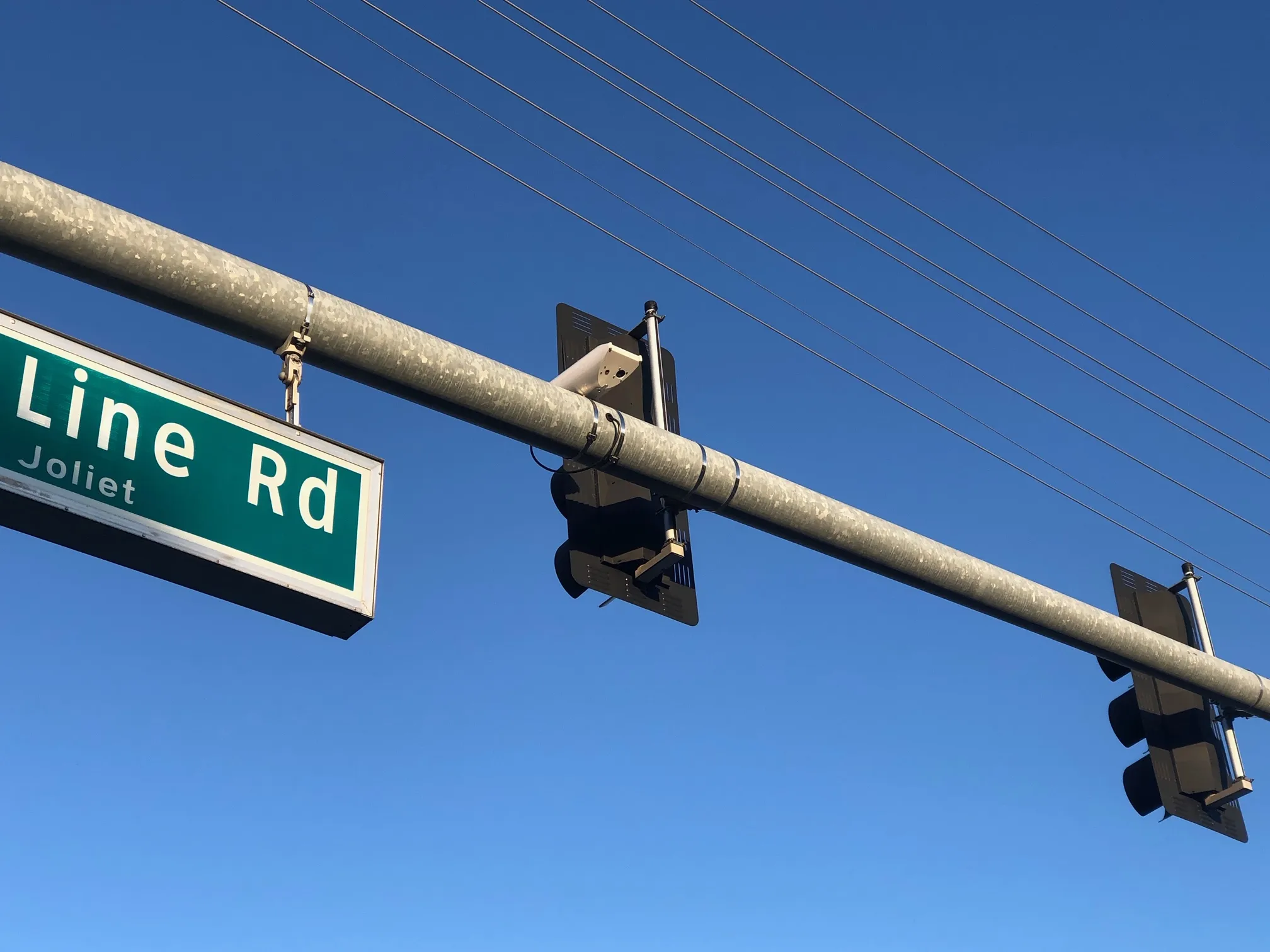Moxa’s AWK-1121 Series is an IEEE 802.11 a/b/g WLAN client that the company claims offers the most rugged wireless client available in the industrial networking world. Optimised for applications requiring a dedicated wireless client, the AWK-1121 is specially designed to cater for space-constrained, mission-critical demands. With Turbo Roaming to give under-100 ms handoffs, redundant power inputs, and models that operate in temperatures ranging from -40 to 75°C, the device is packaged in an extra slim IP30
September 12, 2012
Read time: 1 min









